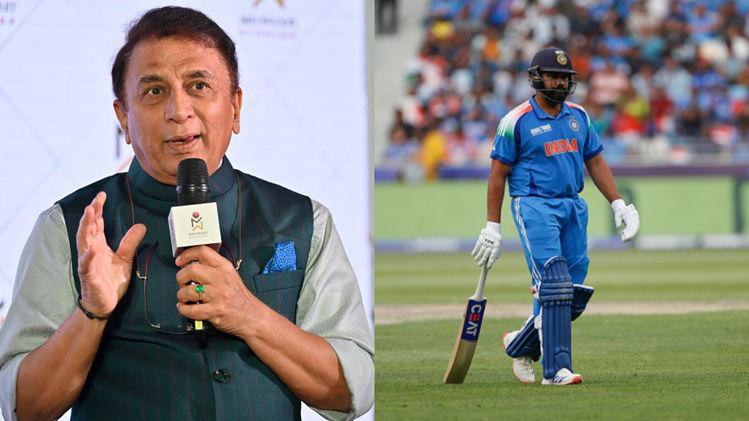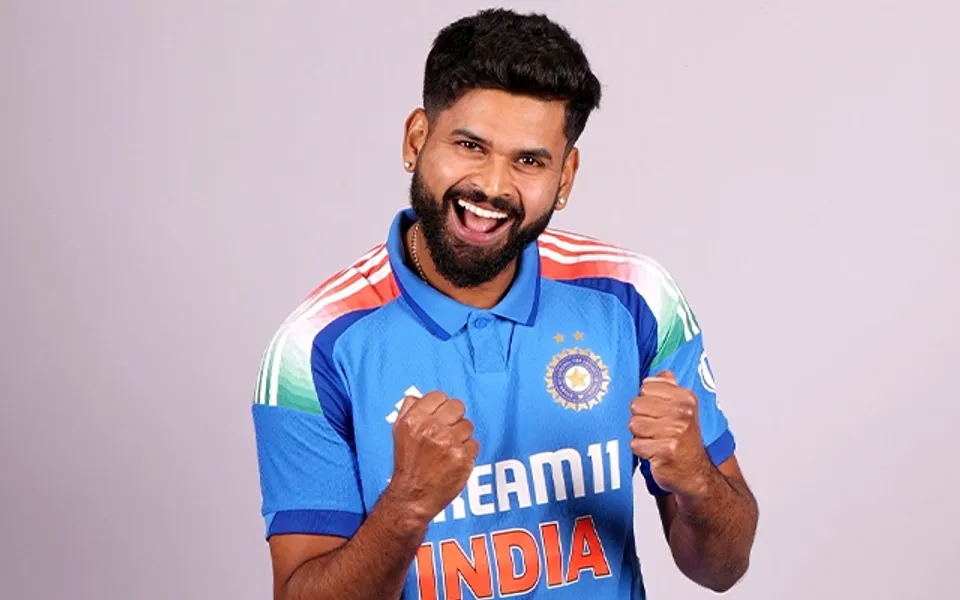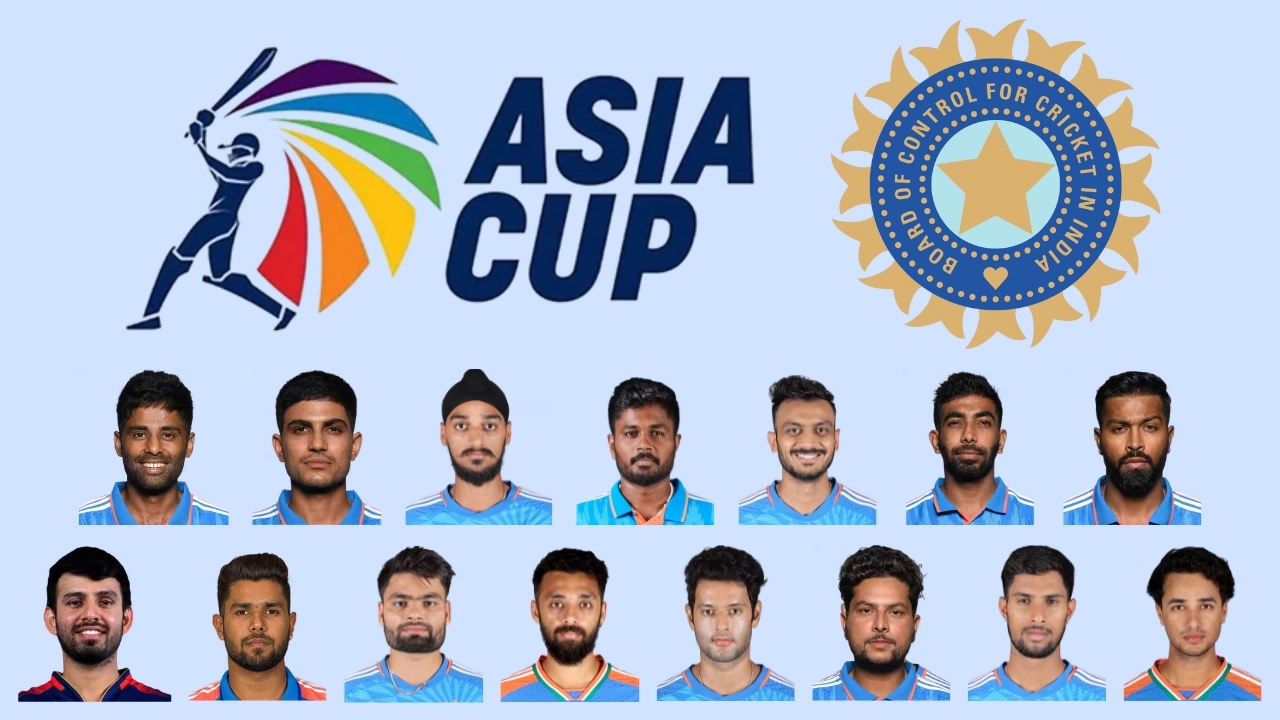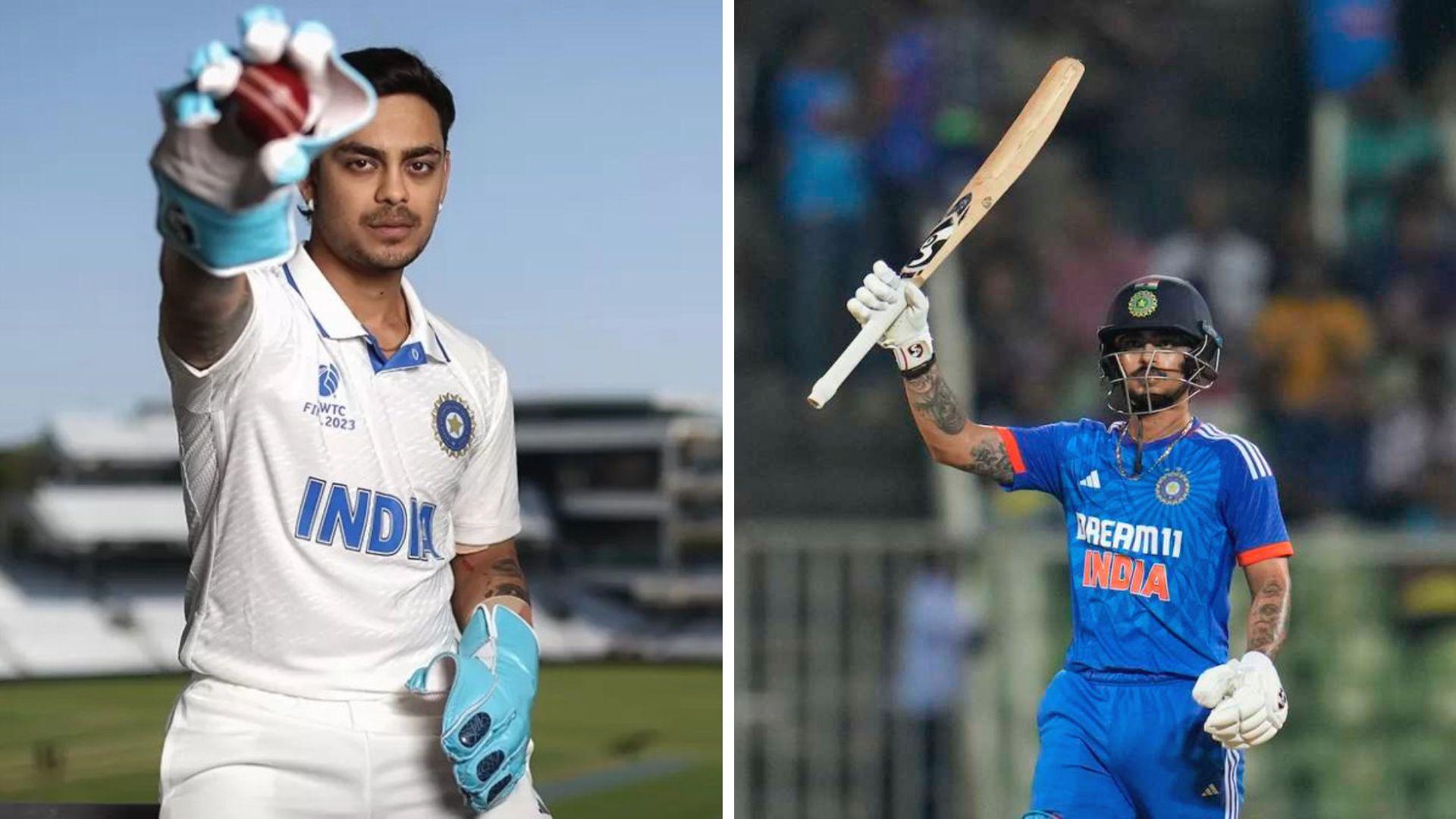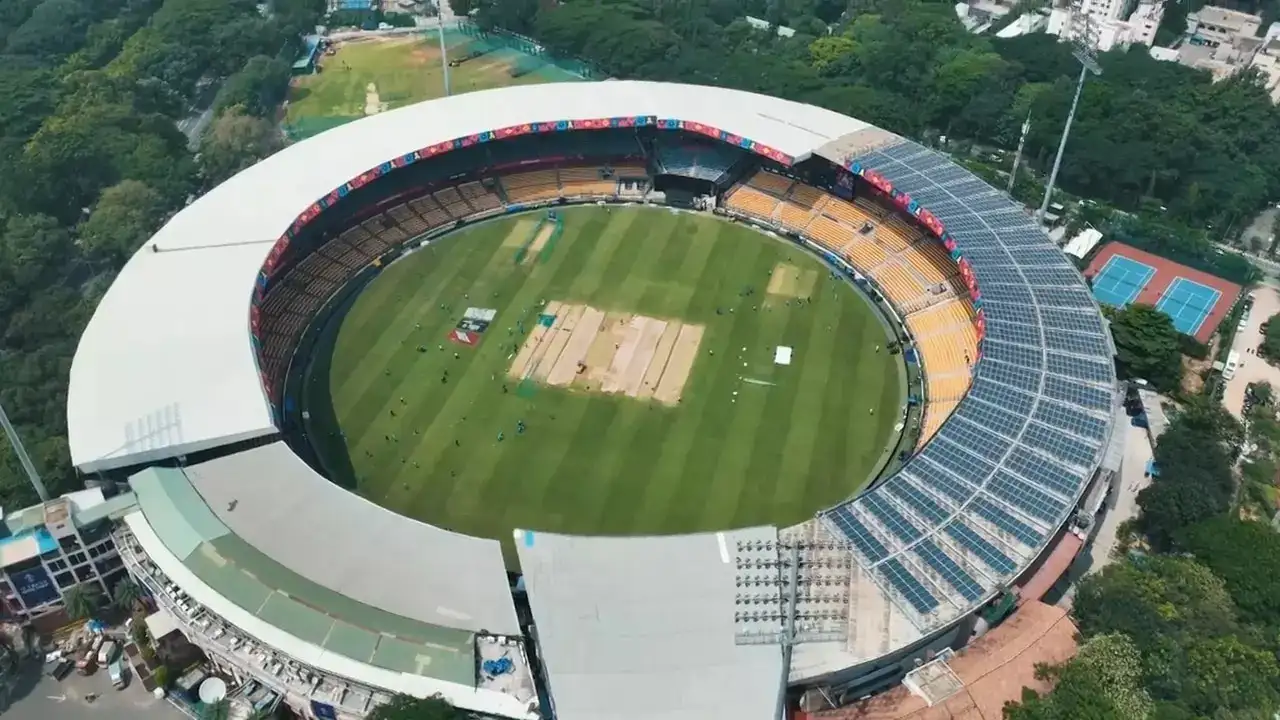Indian cricket great Sunil Gavaskar has expressed concern over Rohit Sharma’s aggressive batting style, especially on pitches that provide movement. Ahead of the next Champions Trophy final, Gavaskar feels that Rohit needs to change his strategy in order to perform well in difficult conditions. His comments come against the backdrop of recent matches where Indian batsmen failed against strong bowling attacks.
Gavaskar’s Criticism of Rohit Sharma’s Batting Style
Gavaskar, who is considered a technical specialist and an authority on the game, stressed the danger of going too hard too soon, particularly on bowler-friendly pitches. In his column for Sportstar, he reminded readers that on flat pitches, an attacking frame of mind suits the team fine, but it can cause wickets to tumble on tracks that swing and seam.
He underlined the fact that the technique of a batsman comes into play in dealing with quality bowling in challenging conditions. Gavaskar’s view was that over-reliance on aggression without judicious shot selection could prove hazardous, especially in high-stakes games like the Champions Trophy final.
Concerns Over Recent Performance
Gavaskar’s comments come after Mumbai’s recent Ranji Trophy match against Jammu and Kashmir, where both Rohit Sharma and Shreyas Iyer struggled with the bat. Rohit managed only 3 and 28 in his two innings, while Iyer scored 11 and 17. Their dismissals highlighted a vulnerability to disciplined bowling attacks, raising concerns about their ability to adapt their approach on difficult pitches.
The poor showings have generated controversy among cricket experts and fans over India’s batting approach. According to many, aggressive batting can be used to put pressure on the opposition but must be coupled with technical solidity and patience. Gavaskar, specifically, emphasized that adjusting to the situation in the match is the key to success in big tournaments.
Why Rohit Sharma Needs to Modify His Strategy
As India’s most seasoned batter and the captain of the team, Rohit Sharma has great responsibility on his shoulders in the batting unit. His aggressive mindset as a batter has usually been a strength, allowing India to overwhelm opponents with fast starts. Yet, as Gavaskar noted, the same style is dangerous in bowler-friendly conditions.
Some major reasons why Rohit needs to change his game plan are:
Swing and Seam Conditions – In England, where the Champions Trophy will take place, pitches tend to favor fast bowlers. Playing aggressively without determining the conditions may result in unwanted wickets.
Opponent Analysis – Australia, England, and South Africa have potent pace attacks. Against bowlers who can take advantage of movement in the pitch, there needs to be a more calculated approach.
High-Pressure Matches – In the last, each wicket is crucial. India may find themselves in trouble if a top-order batsman gets dismissed early with careless shots.
Lessons from Past Indian Captains
Indian cricket has had great captains such as MS Dhoni and Virat Kohli who dominated match situations differently. Dhoni, for example, was exceptional at judging conditions and changing his batting strategy according to it. Kohli, though aggressive in nature, also had the knack of playing lengthy innings when needed. Gavaskar’s suggestion is that Rohit take a cue from these strategies and streamline his game plan for the final.
India’s Plan for the Champions Trophy Final
As the final draws near, India must prioritize a balanced strategy that involves:
A Solid Opening Partnership – Ensuring the openers play defensively in the early overs to ride out the new ball.
Middle-Order Solidity – Having batsmen who can rotate the strike and form partnerships if wickets fall early.
Situational Awareness – Changing according to the pitch and weather rather than adhering to a pre-scripted aggressive intent.
Conclusion
Sunil Gavaskar’s comments are a timely reminder for Rohit Sharma and the Indian team before the Champions Trophy final. While aggressive batting has remained a strength for India, knowing match situations and adapting to them will be the key to success. Rohit Sharma, opener and captain, will be critical in determining the tone of India’s innings. Whether he decides to take Gavaskar’s suggestion and change his game plan is not known, but it might be a crucial turn of events for India’s hunt for the trophy.
Read Also: Steve Smith Announces Retirement from ODI Cricket


